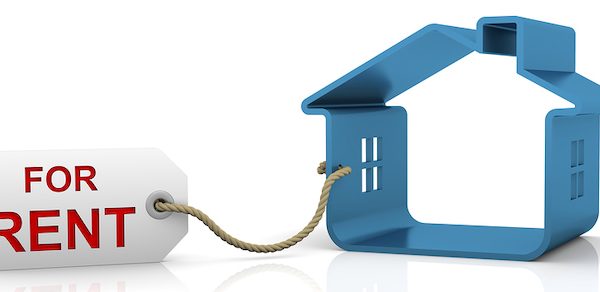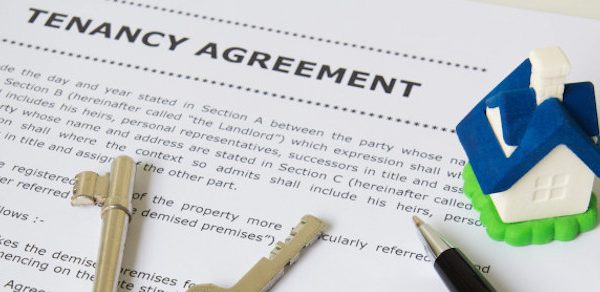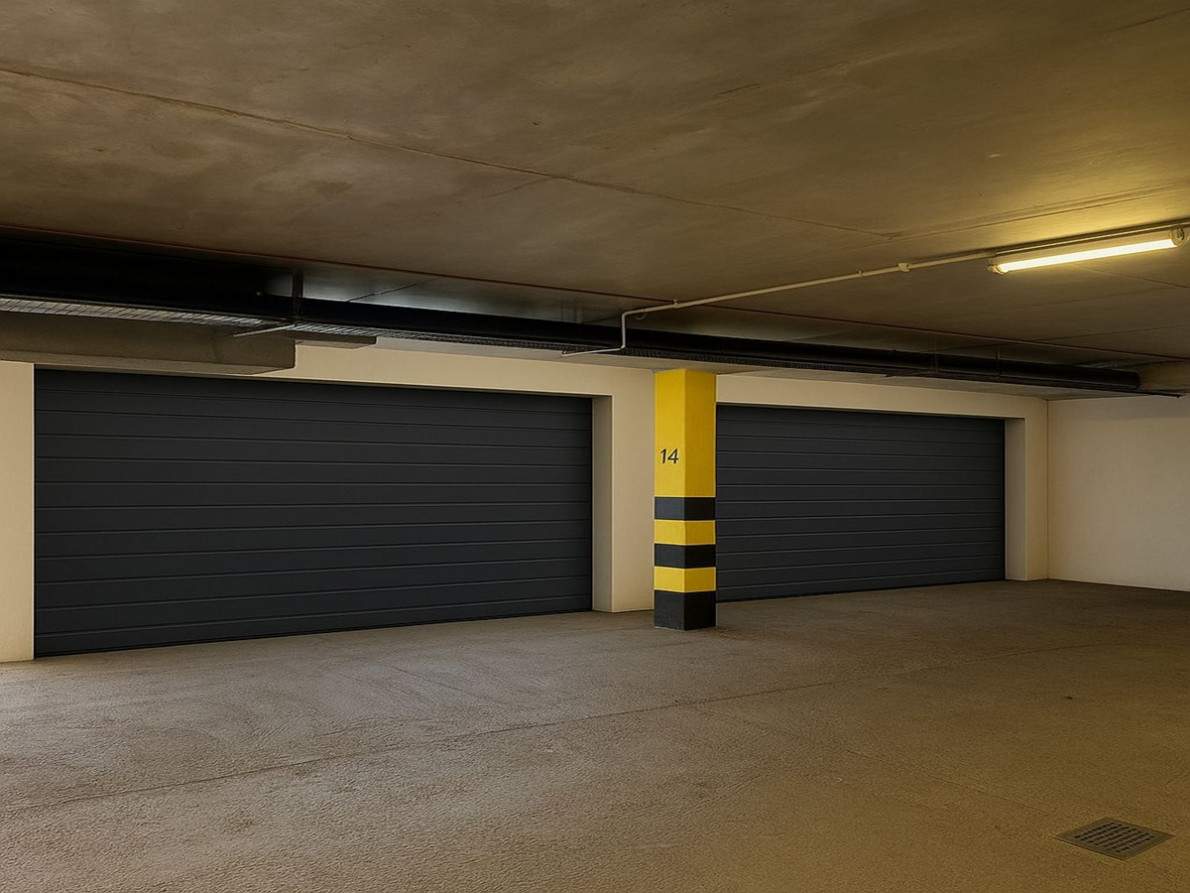A Guide to Tenancy Terms (Part 3)

Initial Term
The tenancy’s first period – typically 6 or 12 months in duration.
Inventory
A list which lays out the property’s contents. It’s normal to create an inventory which can be referred to when the tenant ‘checks in’ and ‘checks out’ of the property. The inventory should ideally include a description of the condition of the items – and the property itself. In this way, it’s possible to verify whether any damage has occurred. A typical inventory would detail the state of the property, fixtures, fittings and furniture; with details on the state of repair and cleanliness of each item. Independent inventory clerks sometimes create the inventory.
Liability
It’s common for all adult tenants resident in a property to be liable for every other tenants’ rental payments (in addition to their own). A similar liability applies in the event of a tenancy agreement breach. This is known as being ‘jointly and severally’ responsible.
Managing Agent
Many properties are managed directly, by the landlord. However, some landlords prefer to pass the responsibility on to a managing agent. This agent will oversee aspects such as maintenance and day-to-day management. A managing agent may be either an individual or a company.
Notice Period
The amount of warning that either party (landlord or tenant) must provide in order to end a tenancy agreement.
Periodic Tenancy
This form of tenancy goes on indefinitely following the end of an assured shorthold tenancy. The landlord and tenant may alternatively choose to sign a renewal agreement, if they favour the security of an assured shorthold tenancy. However, a periodic tenancy is the default fall back, unless a renewal is signed up to.
PCM
Per Calendar Month; this term is typically used in relation to rental payment schedules.
Prescribed Information
Details which the landlord is legally obliged to make available to their tenant, regarding their deposit, the tenancy deposit protection scheme, and key facts in relation to the tenancy.
Renewal
In some circumstances, the tenant and landlord may agree to renew an assured shorthold tenancy, once the initial term reaches its end. Tenants benefit from additional security as a result. A landlord who wishes to modify the terms of the tenancy (for instance, by applying a rental increase) may also request a renewal.





